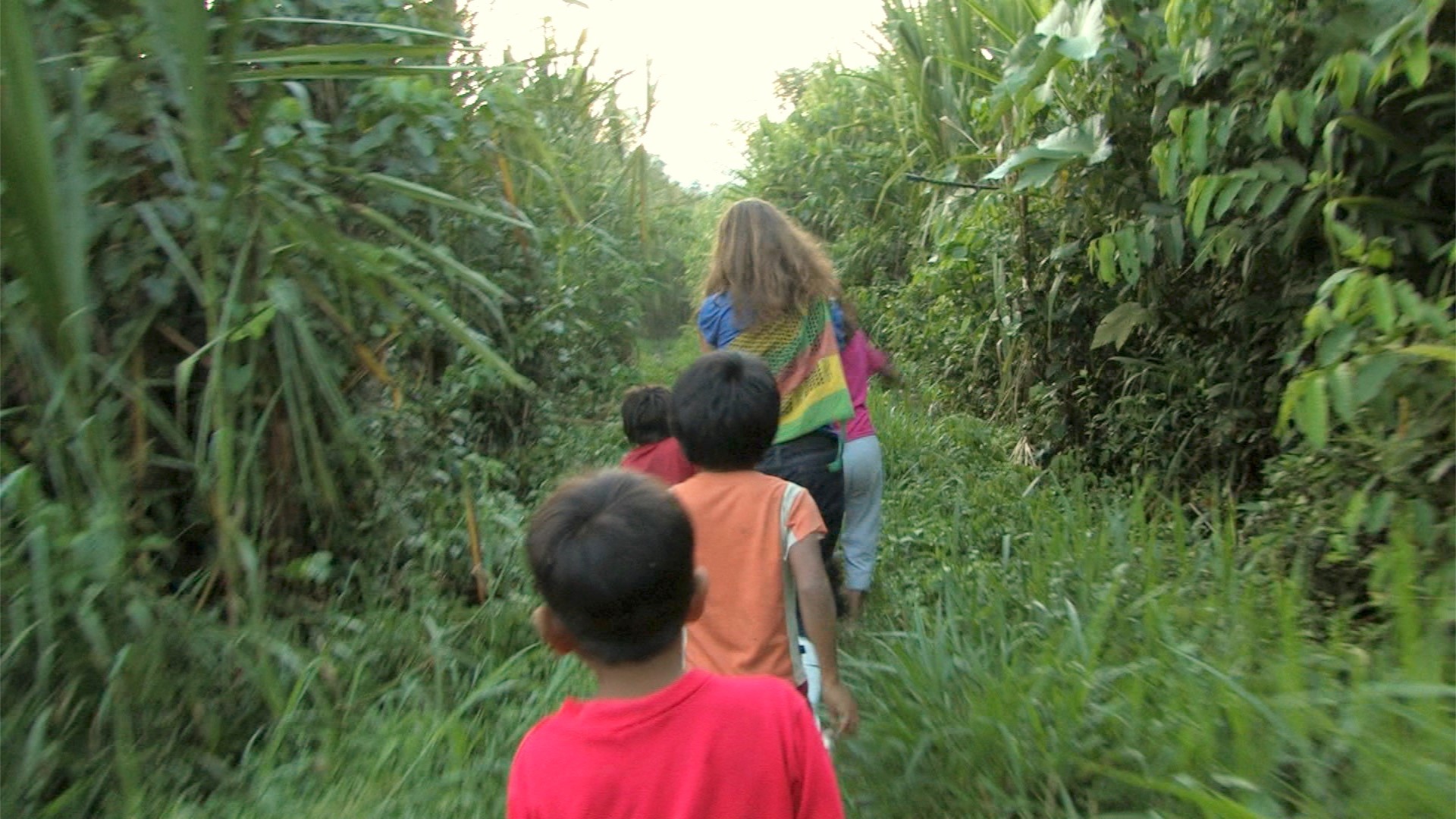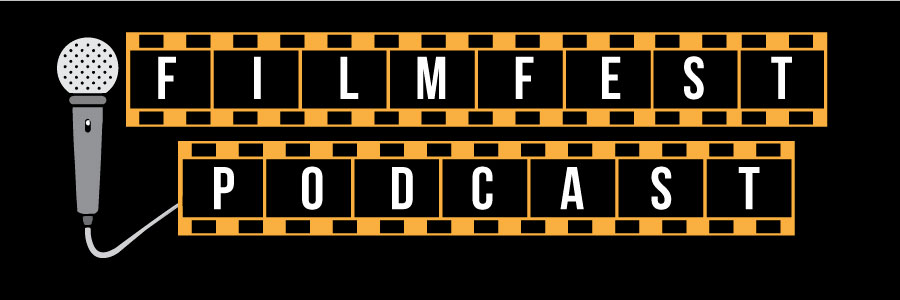Podcast: Play in new window | Download
Today I interview Ashley Bishop and Jim Brassard about the documentary “Circus Ecuador”

Circus Ecuador follows the journey of two, young filmmakers as they uncover murders, aliens, land rights issues, gold smuggling operations, and human trafficking while filming the construction of a primary school for the children of an indigenous community within the Amazon rainforest.
“Elizabeth Gray, founder of the Wishi Project, and her film crew, Ashley Bishop and Jim Brassard, travel to the Amazon rainforest of Ecuador to build a primary school for the children of an indigenous, Shuar community. The project gets off to a difficult start and Greg Sheldon, founder of her sponsoring organization, is called in. Appearing over her head, Elizabeth relinquishes control of the project to Greg and the team finds themselves facing murders, aliens, land rights issues, possible black market gold sales, head-hunters, mad scientists, threats on their lives, and possible human trafficking networks. Circus Ecuador follows this story of a school building project gone wrong as seen through the eyes of the two, young filmmakers.”
Director’s Statement
When Elizabeth Gray first approached Jim about filming her school-building project in the Amazon rainforest, neither one of us could have ever imagined that the relatively simple project we had almost immediately agreed to be a part of would soon balloon into an extremely complex, dangerous, and bizarre feature-length film that would take us upwards of six years to complete. Those six years would see us graduating from college, getting our first real jobs, dealing with severe illness and parental divorce, dealing with our own relationship problems, getting engaged and planning our wedding — the only real constant in our lives being this film and our unerring dedication to its completion. Circus Ecuador has, in many ways, become a bizarre home video for us.
While trying to figure out just how to tell this story (With us in it? With us in it, but with no narrations? True verite style documentary without us at all?), we drew inspiration from Bruce Signofsky’s and Joe Berlinger’s award-winning Paradise Lost Trilogy and Brother’s Keeper documentaries as well as Ted Conover’s novels, most specifically Rolling Nowhere and Coyotes: A Journey Through the Secret World of America’s Illegal Alien s — we felt a sort of kinship with Ted’s journeys through untraversed social spaces and Joe and Bruce’s slower approach to storytelling within documentary film — they sort of allow the story to unfold naturally without rushing and moving ahead inorganically — that had a really big influence on the way we decided to allow the story to play out.
At the onset of filming, we set out to be as anthropologists say, participant observers; we were to be there to be of witness, but not to interfere. However, as the editing process progressed, we came to the uncomfortable decision that without our s ide of the story, we would be completely unable to tell any sort of cohesive story; and, somewhere along the way, the story became more and more about us. However, once the danger surrounding the situation began to unfold, it became increasingly difficult to maintain that necessary distance, try as we might. The benefit we found from occupying this space of simultaneously being part of the group and our own separate entity did allow us a position from which we were privileged to Elizabeth’s perspective, Greg’s perspective, and to a much lesser degree, the community’s perspective — from this height, we were able to get a little bit closer to the objective truth of the situation (though, we’re sure that there are four distinct versions of this objective truth within this story). But, the factor that was probably more important than that was that we were complete amateurs who took themselves way too seriously and that everyone else did not take seriously at all. Our travel companions tolerated our constant interjections with simplistic lines of questioning and requests for interviews and we thank them for that. It’s much easier to share yourself with the camera when you’re certain no one will ever see the footage in question.
What’s so fascinating about this story is how multi-faceted it is — the main plot pivots around geopolitical and sociocultural issues in the developing world while providing a cautionary tale for anyone interested in working with INGOs or non-profits in similar environments. But, perhaps most importantly, this is a story about what we all have in common — the things that make humans human: friendships thriving and falling away, hope for romance, the need to support yourself and family, and the desire to see your children do better, and be better, than yourself. This human drama unfolds around a backdrop of danger and intrigue with a compelling cast of eccentric do-gooders. While we point out in the closing narratives of the film that the answers to these issues are just a s intricate as the story that lead us to these questions, we firmly believe that it’s crucial we open a dialogue surrounding these complex issues.
There was one moment while filming in which we realized that the story we had set out to make was not going to be anything like what we had imagined it would be, or what we had set out to make, and that we would be continuing on with the project in the face of whatever was to come. Jim and I were standing on the dirt-covered sidewalk next to a corner store in Puyo, one of the smaller jungle outposts, after having gone through the ordeal of thinking we had just been kidnapped by the representatives of the Wishi Community and Elizabeth had walked off with Ramon and Wajuyata, leaving Jim and I alone, confused, and probably a little scared. I’m not sure what switched in our minds in that moment — maybe we were drawn in by the danger and adventure, maybe we didn’t really believe that anything bad would happen to us, or maybe we’re both just as stubborn and headstrong as we believed Elizabeth to be) but we just decided then and there that we would just continue on. We never missed another shot on camera (if we could help it).
-Ashley Bishop and Jim Brassard
http://www.filmfestpodcast.com
Film publicists looking for coverage please read this!
If you would like to be a guest or have suggestions for future episodes or if you would like Franz to attend or cover your film festival contact him by using the contact form.
©2018 FilmFestpodcast.com all rights reserved
